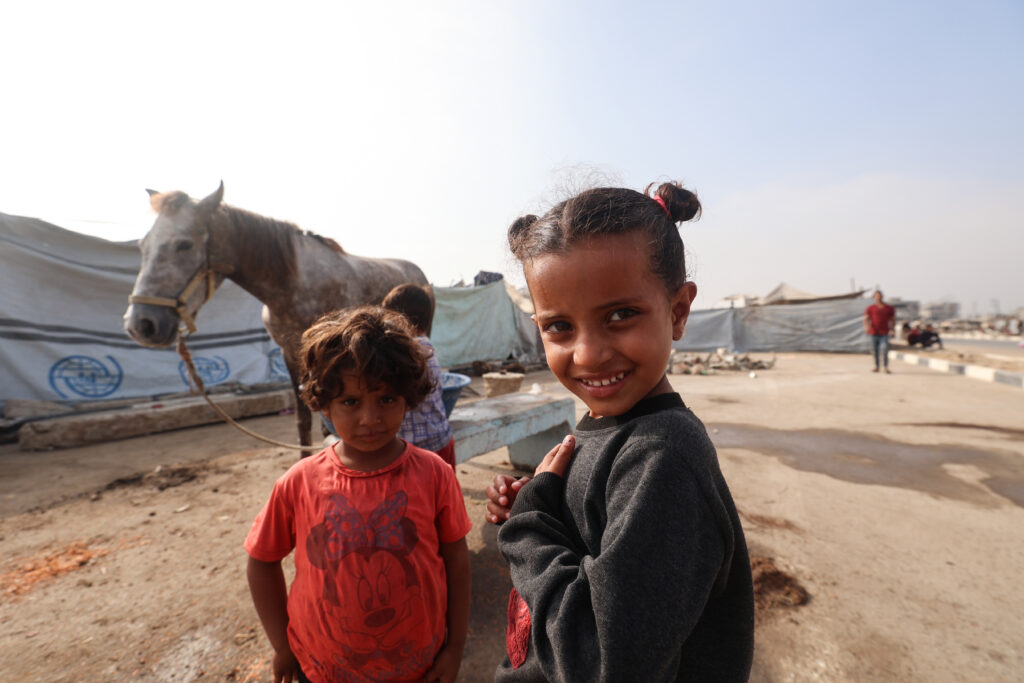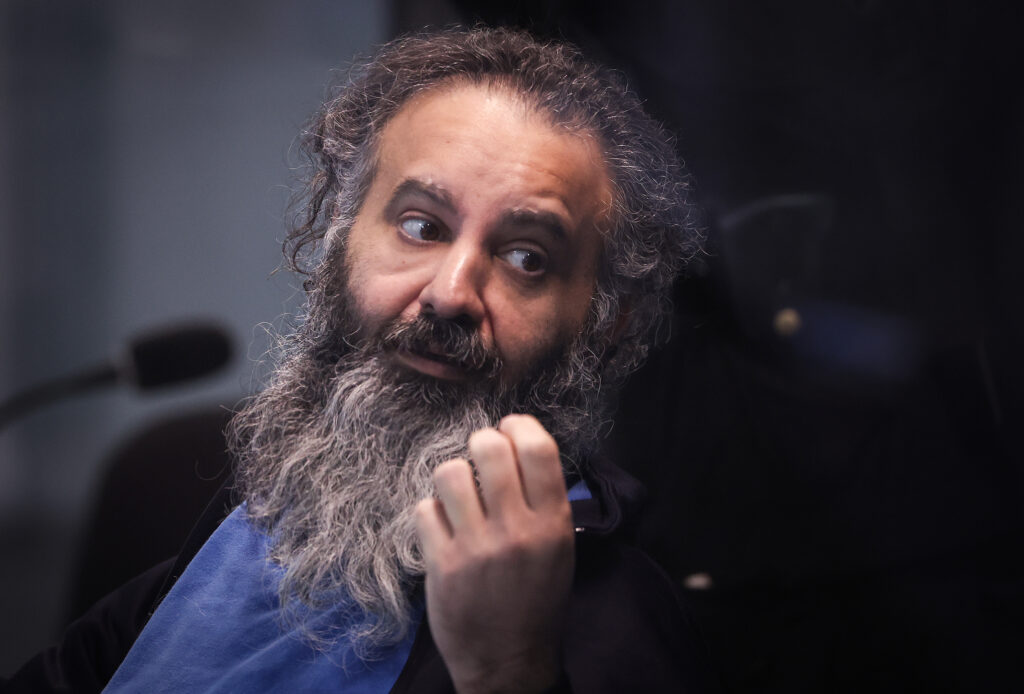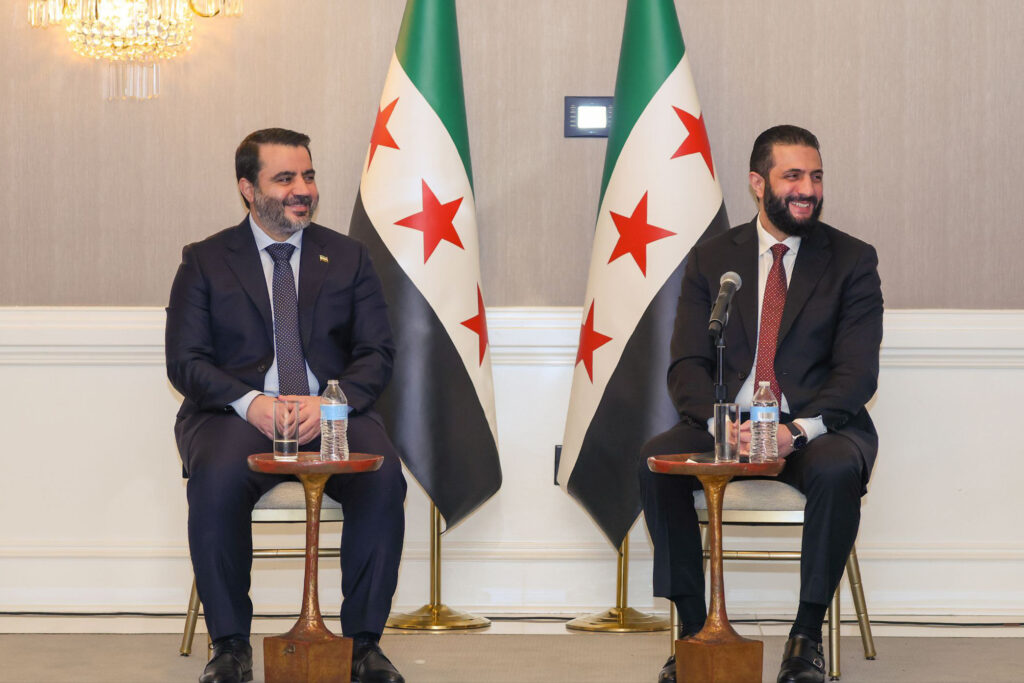Trump hails Syria’s ‘tough’ ex-jihadist president after historic talks
US President Donald Trump hailed his Syrian counterpart Ahmed al-Sharaa after unprecedented talks at the White House Monday, saying Sharaa’s “rough” past as a jihadist would help him rebuild the war-torn country.Sharaa, whose rebel forces ousted longtime ruler Bashar al-Assad late last year, was the first Syrian leader to visit the White House since the Middle Eastern country’s independence in 1946.But the 43-year-old’s landmark visit to the Oval Office came just days after Washington removed him from its terrorism list. Sharaa’s group, Hayat Tahrir al-Sham (HTS), was formerly affiliated with Al-Qaeda.Trump said he wanted Syria to become “very successful” after more than a decade of civil war and added that he believed Sharaa “can do it, I really do.””He’s a very strong leader. He comes from a very tough place, and he’s a tough guy,” Trump told reporters after the meeting, which was closed to press.”People said he’s had a rough past, we’ve all had rough pasts…And I think, frankly, if you didn’t have a rough past, you wouldn’t have a chance.”Trump said Syria was a “big part” of his plan for a wider Middle East peace plan, which the US president is hoping will prop up the fragile ceasefire between Israel and Hamas in Gaza.But he would not confirm reports that Sharaa would bring Syria into the international US-led alliance against the Islamic State (IS) group, or that it would sign any non-aggression pact with long-term foe Israel.The Syrian president’s visit capped a remarkable turnaround for a former jihadist who once had a $10 million US bounty on his head.In dramatic scenes as he left his meeting with Trump, he climbed out of his motorcade to greet crowds of supporters outside the White House, surrounded on all sides by bodyguards.- ‘Astonishing transformation’ -Syria’s presidency said on X that Sharaa and Trump discussed the bilateral relationship, “the ways to strengthen and develop it, as well as a number of regional and international issues of common interest.”It published photos of Trump standing and shaking hands with a smiling Sharaa beside the Resolute Desk in the Oval Office.Other pictures showed the Syrian leader sitting opposite Trump with top US officials including Vice President JD Vance, Pentagon chief Pete Hegseth and top US military officer Dan Caine.Since taking power, Syria’s new leaders have sought to break from their violent past and present a more moderate image to ordinary Syrians and foreign powers.Sharaa’s White House visit is “a hugely symbolic moment for the country’s new leader, who thus marks another step in his astonishing transformation from militant leader to global statesman,” said Michael Hanna, US program director at the International Crisis Group.The Syrian met Trump for the first time in Saudi Arabia during the US leader’s regional tour in May. At the time the 79-year-old Trump dubbed Sharaa, 43, as “a young, attractive guy.”Sharaa was expected to seek US funds for Syria, which faces significant challenges in rebuilding after 13 years of devastating civil war.After his arrival in Washington, Sharaa over the weekend met with IMF chief Kristalina Georgieva over possible aid.Sharaa’s jihadist past has caused controversy in some quarters but the State Department’s decision Friday to remove Sharaa from the blacklist was widely expected.The Syrian president has also been making diplomatic outreach towards Washington’s rivals. He met Russian President Vladimir Putin in October in their first meeting since the removal of Assad, a key Kremlin ally.




